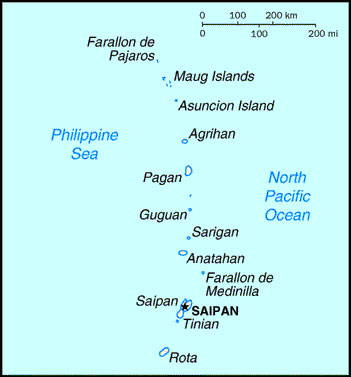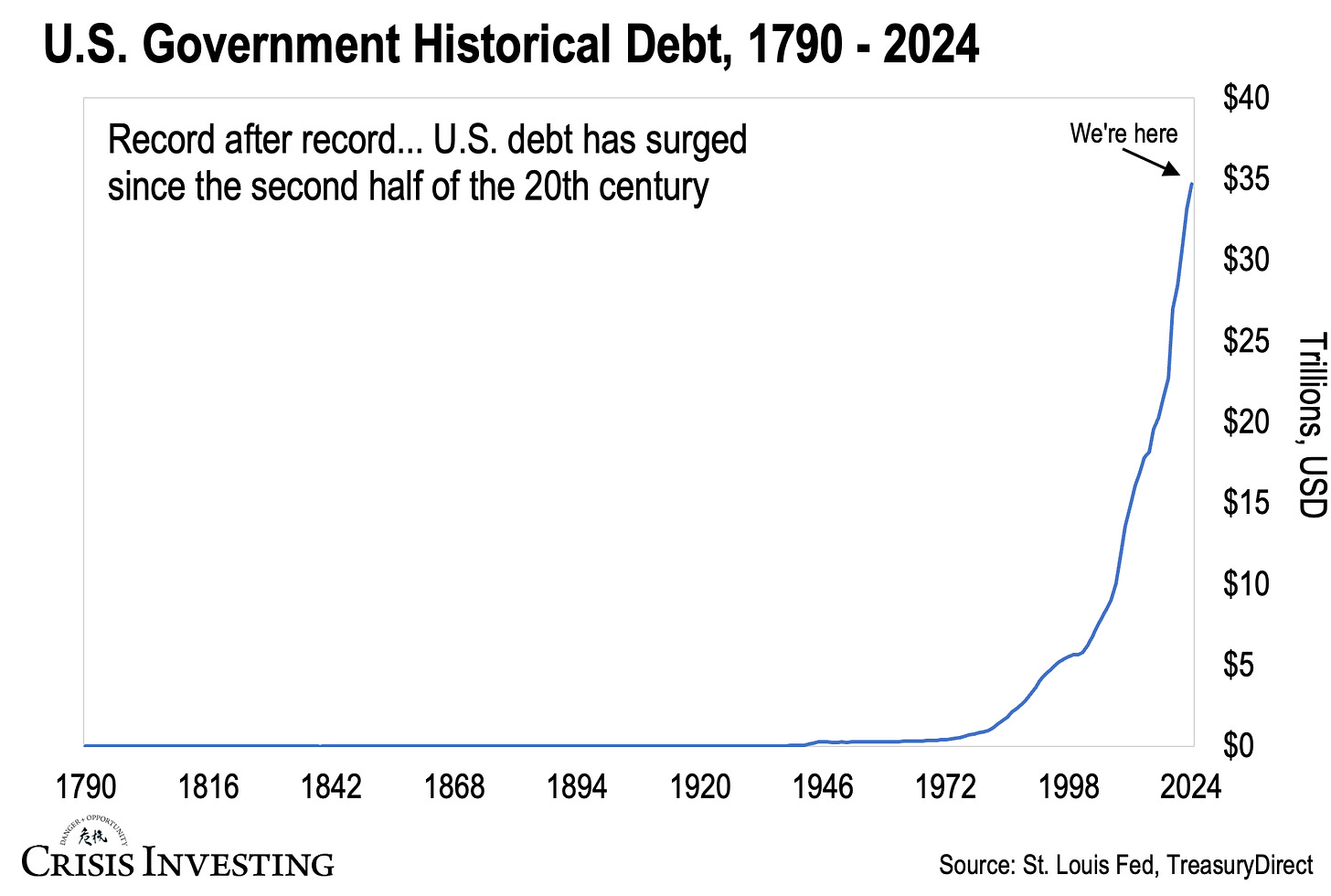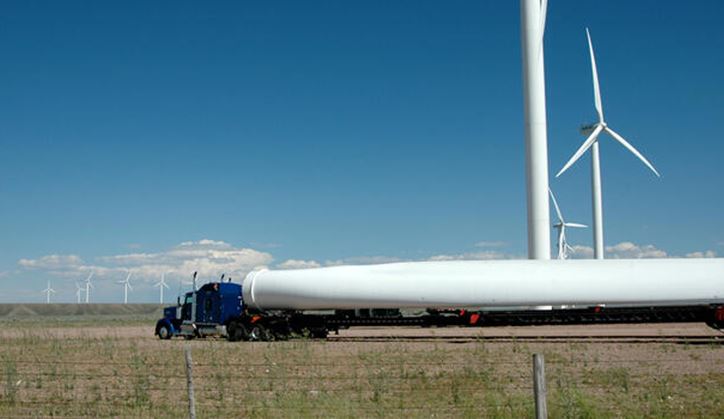Today’s Contemplation: Collapse Cometh CLXXXII–Tech ‘Solutions’ Are Us

Pompeii, Italy (1984). Photo by author.
Tech ‘Solutions’ Are Us
I wanted to share another one of those conversations I have been involved in. It is not unlike many I see occur (and sometimes get involved in) when someone posts definitive support for the pursuit of complex technologies to sustain our current energy-intensive and resource-extractive living arrangements. In this particular case, it was a link I shared to an article by energy writer/researcher Alice Friedemann. The original post and comments that lead to my final response can be found at the end of this introductory few paragraphs and my final response.
First, I wanted to highlight that I am about half-way through reading and summarising another archaeology research article, with some of the arguments made in it finding its way into my final response during the conversation about technological ‘solutions’ to our energy/resource predicament.
It’s most interesting to see how the archaeological evidence regarding past society’s adaptations to resource and environmental issues is not significantly dissimilar to modern-day attempts, except perhaps in scale (and we can thank significant surplus net energy from hydrocarbons for this). Technological innovations are pursued to help problem solve and adapt, but not all are successful and can lead to ‘collapse’. This ‘collapse’ may take centuries or, if the innovations are unsuccessful, only a generation or two.
The April 2010 article entitled Complexity and Sustainability: Perspectives From the Ancient Maya and the Modern Balinese by V.L. Scarborough and W.R. Burnside was published in the journal American Antiquity. It concludes that “Both of these complex societies used labortasking to adapt to local ecological limitations in semi-tropical settings. These societies used heterarchical organizations to accretionally engineer and manage their environments, strategies that promoted long-term resilience. Case studies such as these provide a nuanced picture of different paths to social complexity and highlight their relative costs, benefits, and potential for long-term sustainability.”
I’m perhaps halfway through the article and its summarising (already over 15 pages of typed notes) and hope to get through it sometime in the next few weeks; the unusually high amount of precipitation our region north of Toronto has received so far this growing season has led to phenomenal growth in my garden requiring constant maintenance and most of my time. I think the unusually high humidity has also contributed to some disease issues in a few of my fruit trees that has me needing to ‘problem solve’ a bit more than usual–leaf curl in my peach trees, mosaic virus in my apple trees, and no blossoms on my cherry tree (but no sign of cherry aphids this year, a win).
In the meantime, here’s my final response in that conversation from the following post:
Original post that I put out back on March 24, 2024:
Peak hydrocarbons. If you’re not aware of why the peak of hydrocarbons (especially diesel) should send warning sirens blaring through our world, you need to read this article (and most of the other articles on the linked site) by energy researcher and writer Alice Friedemann.
My final response with previous commentary immediately afterwards:
LB, We will have to agree to disagree, especially as it pertains to the feasibility and consequences of chasing complex technological ‘solutions’ to our energy predicament.
Pre/history is pretty clear that virtually every complex society over the past dozen millennia or so has eventually ‘collapsed’. This ‘collapse’ appears to result from diminishing returns on societal investments in complexity along with overexploitation of the natural environment, especially the resources required to support growing complexities.
Further, those societies that pursue novel technological innovations to sustain their growth tend to ‘collapse’ faster than those that do not. In fact, adoption of a misguided innovation can lead to ‘collapse’ relatively quickly, in just a generation or two. The most ‘sustainable’ societies are those that focus upon ‘labourtasking’ that leverages human and draft animal power (as opposed to technology) which serves to severely limit ecological destruction and drawdown of resources.
Rather than pursue a more sustainable path (although labourtasking is still not fully sustainable since complexities of large human groupings, even if based upon manual labour, are still resource/energy dependent and encounter diminishing returns as they grow leading to eventual ‘collapse’), we are increasingly pursuing complex and heavily resource-dependent technologies–a sure recipe for a quick and broad ‘collapse’.
Not surprisingly, this approach (and the narrative that it’s fully doable, clean/green, and sustainable) is being heavily marketed and pushed by those at the top of our power/wealth structures that stand to profit immensely from the pursuit (including academia)—to say little about the geopolitical resource wars this path spawns and that seem to be growing and spreading as we bump up against biophysical limits evermore seriously. That many (most?) support this approach is not surprising given the vast propaganda/marketing machine of our ruling caste and the vilification of dissenters.
Further, our current experiment with a global, industrial-based society has turbo-charged this ‘technotasking’ approach via its leveraging of hydrocarbons and economic machinations (i.e., debt/credit creation to pull growth from the future). The past two centuries in particular have witnessed incredible population and economic growth. While some view this as positive, this one-sided perspective completely ignores the ecologically-destructive enterprises involved and that have spread to almost every corner of the globe. And all of it, of course, depends very much upon exponentially-increasing energy/resource extraction and production, the pursuit of which has already encountered significant diminishing returns.
Part of the reason so many buy into the technotasking approach is because of the perceived ‘success’ our species has encountered over the past dozen or so millennia in using it, but this completely ignores/denies so much of the negative impacts; impacts that are metastasizing as our population and energy/resource demands grow exponentially—consider for a moment the requirements being bandied about to support the AI ‘revolution’; a pursuit that is estimating energy needs that far, far surpass current abilities and are calling for a tripling/quadrupling (or more) of our current energy/resource production/extraction.
As for a 2050 plan for a “world of 7 billion middle class affluent consumers”, we can make all sorts of ‘scientific’ predictions based upon possibilities founded upon our technological prowess and human ingenuity, but the hope of exponential growth of our exploitive and extractive consumption has already bumped up against the limits to such a path and we are increasingly seeing the negative impacts and consequences. It’s just that in our unique story-telling way we have created a world where inconvenient reality to our wishes/hopes are denied/ignored/rationalised away.
Untestable mathematical models of the future can be devised to support anything. Sure small-scale prototypes might suggest some marginal possibilities but use one flawed assumption in the modelling to propose global adoption and the conclusions that suggest success are less than meaningless–they are dangerous, especially if we adhere to the precautionary principle.
Yes, we will likely continue to pursue these damaging and unattainable ‘solutions’ since the world’s profiteers (especially the media, financial institutions, and political systems) are pushing/supporting them. And many (most?) will support them because the idea of limiting our growth/expansion has been broadly vilified and we have been conditioned to believe such a path is our ‘right’ and that everything has a ‘solution’—if just enough resources are thrown into them–we just need to believe.
War over resources? Never. Wars are simply some ‘other’ wishing to destroy our ‘democracy’ and living standards because they hate us. We need to protect ourselves by imposing our will upon them and then we’ll make sure their natural resources are used judiciously–especially for green/clean tech.
Overloaded planetary sinks? Exaggeration. We just need to consume more clean/green products. In fact, let’s replace every industrial product currently in existence with these ‘sustainable’ products while bringing the entire population up to ‘advanced economy’ standards. What’s not to love? Ponies and lollipops for everyone.
Sociopolitical roadblocks? Nothing the election of the ‘correct’ individual/party with the ‘proper’ regulations and policies can’t rectify. The political caste has only the best interests of the citizens and planet in mind in their decision-making.
Planetary overshoot and toxic legacies? Nonsense, we can have 7+ billion middle class consumers if we just do things ‘right’ and in a sustainable and non-polluting way. And if there are negative side-effects, we’ll figure out a way to deal with them.
Resource limits? Non-existent concern. With human ingenuity and ‘free’ markets there are no limits. In fact, if some important resources–say water–becomes scarce we’ll simply mine passing asteroids or leave our solar system for other habitable planets. Elon Musk or Jeff Bezos will get us there.
Financial machinations? Balderdash. We can fully trust the banking industry and political systems that run them. All that debt requiring even greater growth is a great thing. Just ignore all that evidence that inequality has been increasing significantly and the middle class eviscerated over the last several decades as greater and greater amounts of debt pile up resulting in increasing price inflation.
And then there’s the notion that the so-called overwhelming support could be as ‘simple’ as a misguided paradigm/worldview that has yet to be ready for broad criticism and overturning. Paradigms have a way of protecting themselves, especially if they have the backing of the-powers-that-be and serve their interests.
As the saying goes, however, Nature bats last. Given it’s the ninth inning, the bases are loaded, there’s no out, we’re up by only a run, and our pitcher is struggling to find the strike zone with a 3-0 count, things are looking dicey. Just believing it is possible to win because it’s in our best interest isn’t enough to prevent the walk-off hit Nature has in store for us.
The Laws of Thermodynamics, especially Entropy, are unforgiving no matter how ‘intelligent’ our species might be. And, frankly, we’re not looking very smart given what we’ve been doing…
Commentary that began June 25, 2024:
LB
If you are familiar with “final stage ERoI,” fossil fuel is on an energy cliff. The ratio of useful fossil energy in application to the energy required to produce it has fallen to 1.0 useful unit per 6.0 input units. Society needs about 10.0. Renewables are over 40.0.
Alaska oil has been energy negative for years. North Sea oil is marginal at best.
https://ageoftransformation.org/greatoversimplification/
LFP battery is now “lifetime” warranty and cost drops another 50% yr/yr in 2024.
Perovskite tandem pv cells (made at room temperature from common recyclable materials) has passed durability field tests and is in MW installation phase of commercial production. That is a 40% efficiency gain with, again, a 50% price drop yr/yr in 2024.
https://thedriven.io/…/catl-announces-electric…/…
Alice Friedemann
LB, LFP batteries and PV cells require fossil fuels for every single step of their life cycle, from mining, to ore crushing, smelting, transportation to hundreds of factories to make parts, more transportation from these hundreds to the single place something will be made, transport to destination, and so on, plus the electric grid can’t stay up without Natural gas
LB
Oh, contraire…
https://reneweconomy.com.au/worlds-biggest-grids-could…/
Alice Friedemann
LB, energy storage doesn’t scale up
LB
Alice Friedemann, energy storage scales up.
Steve Bull
LB, Sure, and to hell with the ecological destruction left in its wake.
Alice Friedemann
LB, what exactly scales up?
LB
Alice Friedemann, every grid integration analysis by qualified scientists…. in all journal literature.
That includes the synergy of solar primary by day and wind primary by night. Their complementary production overlay to both load follow and peak match… both daily and seasonally.
Steve Bull
LB, Simon Michaux’s work challenges this assertion that EVERY analysis supports the idea of the possibility of a successful scaling up.
LB
Steve Bull ….Michaux’s challenge has been blunted. He is a lone wolf. The literature doesn’t support his notions. Here are literally 19 thousand 2024 journal articles on the matter, including 4300 review articles.
https://scholar.google.com/scholar?q=energy+transition+materials+mining&hl=en&as_sdt=0,6&as_ylo=2024
LB
…and where are the comprehensive and numerically detailed studies for a 2050 world of 7 billion middle class affluent consumers that do not feature RE, EV, electrification, and transactive hypergrids? Where is a master plan other than the 195 nation Paris Accord as aligned with the 195 nation IPCC?
The real plans all look like this:
ABSTRACT: “The roadmaps call for a 100% transition of all-purpose business-as-usual (BAU) energy to wind-water-solar (WWS) energy, efficiency, and storage, ideally by 2035, but by no later than 2050, with at least 80% by 2030. Grid stability analyses find that the countries, grouped into 24 regions, can exactly match demand with 100% WWS supply and storage, from 2050–2052. Worldwide, WWS reduces end use energy by 56.4%, private annual energy costs by 62.7% (from $17.8 to $6.6 trillion per year), and social (private plus health plus climate) annual energy costs by 92.0% (from $83.2 to $6.6 trillion per year) at a present-value cost of $61.5 trillion. The mean payback times of the capital cost due to energy- and social-cost savings are 5.5 and 0.8 years, respectively. WWS is estimated to create 28.4 million more long-term, full-time jobs than lost worldwide and may need only 0.17% and 0.36% of world land for new footprint and spacing, respectively. Thus, WWS requires less energy, costs less, and creates more jobs than BAU.”
http://web.stanford.edu/…/I/145Country/22-145Countries.pdf
Simon Michaux
LB, Soon my work comes out in peer reviewed journal. Full calculations. So I call bullshit on every one elses work and we can have a discussion. I don’t mind being different to evryone else as long as I have data to support my points.
LB
Simon Michaux …fair enough. Thanks.
Alice Friedemann
Simon Michaux, Can’t wait to see it!
If you’ve made it to the end of this Contemplation and have got something out of my writing, please consider ordering the trilogy of my ‘fictional’ novel series, Olduvai (PDF files; only $9.99 Canadian), via my website or the link below — the ‘profits’ of which help me to keep my internet presence alive and first book available in print (and is available via various online retailers).
Attempting a new payment system as I am contemplating shutting down my site in the future (given the ever-increasing costs to keep it running).
If you are interested in purchasing any of the 3 books individually or the trilogy, please try the link below indicating which book(s) you are purchasing.
Costs (Canadian dollars):
Book 1: $2.99
Book 2: $3.89
Book 3: $3.89
Trilogy: $9.99
Feel free to throw in a ‘tip’ on top of the base cost if you wish; perhaps by paying in U.S. dollars instead of Canadian. Every few cents/dollars helps…
https://paypal.me/olduvaitrilogy?country.x=CA&locale.x=en_US
If you do not hear from me within 48 hours or you are having trouble with the system, please email me: olduvaitrilogy@gmail.com.
You can also find a variety of resources, particularly my summary notes for a handful of texts, especially Catton’s Overshoot and Tainter’s Collapse: see here.
It Bears Repeating: Best Of…Volume 1
A compilation of writers focused on the nexus of limits to growth, energy, and ecological overshoot.
With a Foreword and Afterword by Michael Dowd, authors include: Max Wilbert; Tim Watkins; Mike Stasse; Dr. Bill Rees; Dr. Tim Morgan; Rob Mielcarski; Dr. Simon Michaux; Erik Michaels; Just Collapse’s Tristan Sykes & Dr. Kate Booth; Kevin Hester; Alice Friedemann; David Casey; and, Steve Bull.
The document is not a guided narrative towards a singular or overarching message; except, perhaps, that we are in a predicament of our own making with a far more chaotic future ahead of us than most imagine–and most certainly than what mainstream media/politics would have us believe.
Click here to access the document as a PDF file, free to download.









 Shocking evidence is emerging from Australia and New Zealand of how the climate scam is being used to impose a techno-totalitarian smart-city future.
Shocking evidence is emerging from Australia and New Zealand of how the climate scam is being used to impose a techno-totalitarian smart-city future.











